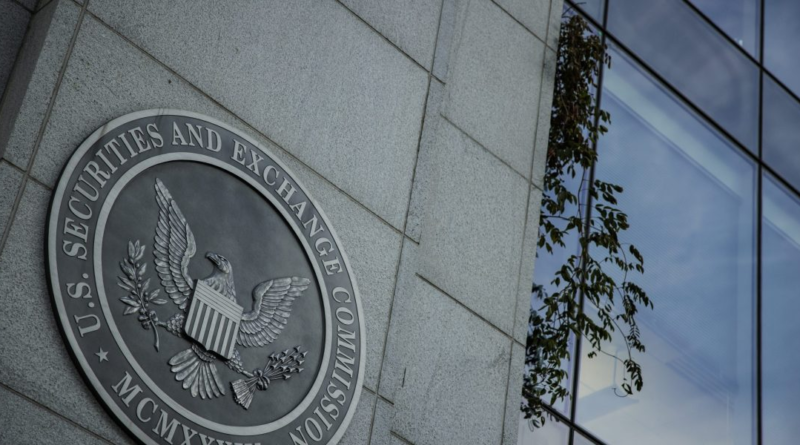I’m a 24-year-old small business owner. Here’s why I’m suing the SEC
I did something last month I thought I would never do. As a twentysomething Gen Zer and proud small business owner, I sued the Securities and Exchange Commission in federal court over its targeting of token airdrops and digital asset-related business activities.
To understand why, you have to start in East Africa, where my brother, Jonathan, and I grew up. It’s where we first fell in love with the handcrafted goods of Kenya and developed close, lasting relationships with talented craftspeople who today are our partners in building an iconic retail brand.
They were part of our inspiration for launching Beba, the apparel company we founded to share with the world the beautiful, handcrafted artistry of Kenya. But our small business is about more than selling backpacks and wallets. It’s about a mission to treat the craftspeople with dignity and respect and pay them fairly for their time, work, and talent. Needless to say, never did I think our humble beginnings would lead us to filing litigation against a federal financial regulator.
But like our passion for Kenya’s art and artisans, I’m also deeply passionate about innovation, new technology, and entrepreneurship. I believe that digital assets can be a tool for positive and transformative change to make the world a better place and build a more inclusive, democratized financial system. This, too, comes from my early days in Africa, where I saw firsthand how traditional record-keeping systems fail individuals and can lead to fraud, exploitation, and abuse.
At Beba, like many other businesses large and small, we’re constantly looking for innovative ways to grow awareness of our mission and reach more customers. Incorporating digital assets into our marketing plans is just one way we’re trying to do that. We recently created the $BEBA token, which provides holders with the opportunity to unlock access to exclusive products—available only to token holders—at a discount. We distribute $BEBA tokens through an airdrop—all for free.
Our process is similar to how major brands like Nike, Toms, and Sephora have embraced digital assets to engage with customers through new, immersive experiences. However, those of us who have chosen to participate in the nearly $3 trillion digital asset industry are living under an unnecessary shadow from the SEC given its pattern of suing businesses within it. And as a (very) small business, facing even an inquiry from a federal regulatory agency poses an existential threat.
I’m committed to being an honest broker. I want to follow any applicable laws, and I am not opposed to the regulation of digital assets. But I, like every other U.S. business owner and citizen, deserve clearly communicated rules and transparency on what’s legally required. I deserve to know if I, and my $BEBA token airdrops, are on solid legal standing. Businesses simply should not have to operate in constant fear of the SEC accusing us of breaking their unpublished rules. My business can’t move forward without clarity, and we shouldn’t have to refrain from a practice we believe to be perfectly legal due to the SEC’s refusal to provide rules of the road for digital assets.
The heart of my lawsuit is a challenge to the SEC’s view that our $BEBA airdrop was a securities transaction and that our token is a security. The SEC’s view is reflected in general statements of its understanding of its authority and its application of that authority in similar situations. But in my view, the agency is wrong. That’s why I’m asking the court to recognize that the SEC unlawfully adopted its policy that nearly all digital asset transactions and digital assets are investment contracts so the agency can appropriately hear from the public before regulating this industry.
I believe we are at an inflection point for the U.S. digital asset economy. Due to the SEC, this thriving industry is being subject to scattershot enforcement that’s already driving companies overseas. And while Congress has considered several possible bills related to digital assets, it hasn’t given the SEC the power to regulate digital assets. In short, the SEC is subverting Congressional authority, which has driven us to the courts for intervention.
I wish this wasn’t the case. I wish we weren’t in this uncertain moment for technology that yields such unlimited promise and potential. But I felt compelled to stand up for myself, businesses like mine, our allies, and an entire industry yearning for clean and fair rules of the road. That’s why I am suing the SEC.
Nathan Hennigh is a Texas-based small business owner, entrepreneur, and cofounder of the handcrafted apparel brand Beba. The opinions expressed in Fortune.com commentary pieces are solely the views of their authors and do not necessarily reflect the opinions and beliefs of Fortune.



